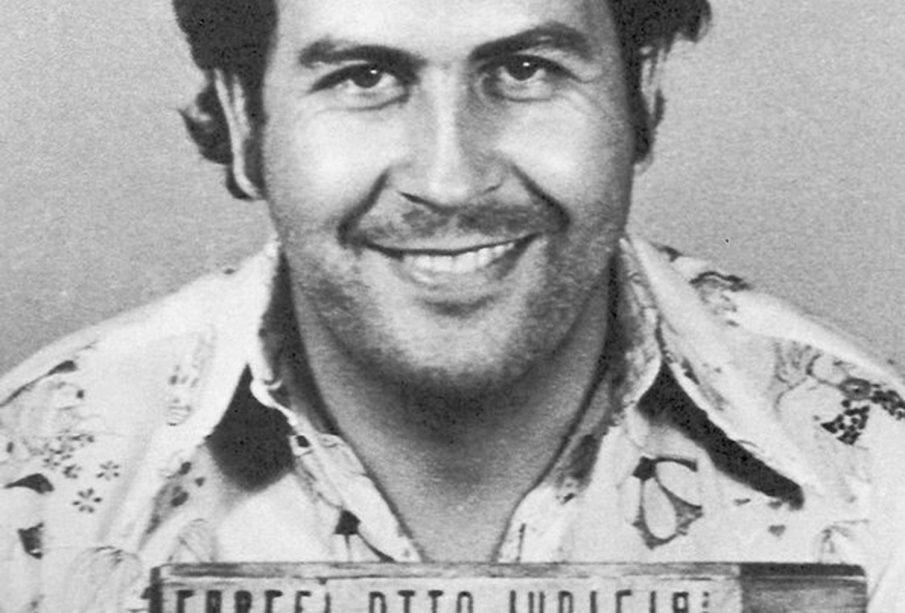Exploring the Life and Legacy of Pablo Escobar

Introduction
Pablo Escobar, the infamous Colombian drug lord, remains a deeply significant figure in the history of narcotics trafficking. His reign during the 1980s and early 1990s is a profound illustration of how illegal drug trade can entangle politics, society, and law enforcement. Understanding his legacy is crucial, not only for comprehending Colombia’s past struggles but also for assessing ongoing issues related to drug trafficking worldwide.
The Rise of Pablo Escobar
Born in 1949 in Rionegro, Colombia, Escobar began his criminal career as a petty thief before transitioning into the booming world of cocaine trafficking. By the late 1970s, he had founded the Medellín Cartel, which soon dominated the cocaine market in the United States, marking the beginning of an unprecedented rise in drug-related violence and corruption.
Impact on Colombia
Escobar’s influence extended beyond the drug trade; he was known for his philanthropic activities, providing housing and sports facilities for the poor, which garnered him a level of loyalty among local communities. However, his methods were brutal. The Medellín Cartel was responsible for countless assassinations of public officials, police, and journalists, which destabilised Colombia’s political landscape. His campaign of terror peaked with the bombing of Avianca Flight 203 in 1989, killing 107 people, underlining the lengths he would go to achieve his aims.
Law Enforcement Response
The Colombian government, aided by the United States, intensified efforts to dismantle the Medellín Cartel. In 1993, Escobar was ultimately killed in a shootout with the Colombian National Police. His death marked a pivotal moment in Columbia’s battle against drugs, but many argue that it did not eradicate the systemic issues that allowed such organizations to thrive.
The Legacy of Pablo Escobar
Pablo Escobar’s life continues to resonate in popular culture, symbolising both the dark allure and devastating consequences of the drug trade. Numerous documentaries, books, and series, such as Netflix’s “Narcos,” have explored his life, drawing attention to the historical significance of his existence. As Colombia continues to grapple with crime, Escobar’s legacy remains a chilling reminder of the societal issues stemming from drug trafficking.
Conclusion
The story of Pablo Escobar serves as an essential chapter in understanding not only Colombia’s troubled past but also the ongoing global battle against drugs and crime. While significant advancements have been made, the challenges posed by drug cartels continue to influence policy and society. The implications of Escobar’s life and actions teach vital lessons on governance, law enforcement, and the far-reaching impacts of the drug trade, signalling the need for continued vigilance and reform in the fight against narcotics.









